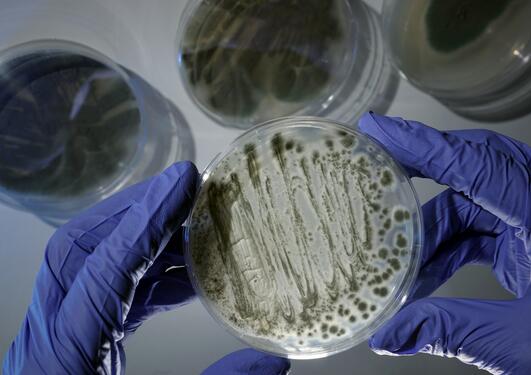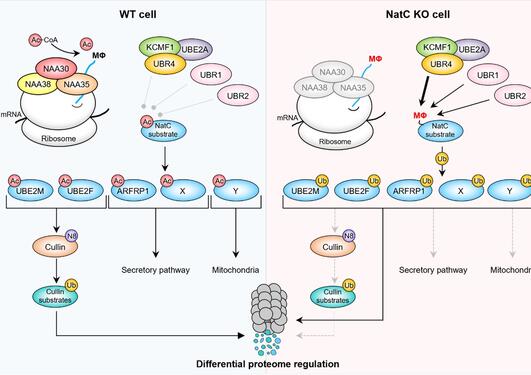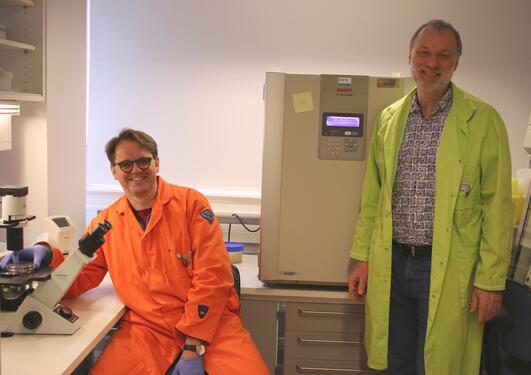
The Systems Biology and Translational Cell Signaling Unit (STC) investigates how proteins and metabolites steer cellular processes.
Biomolecules are studied in molecular, cellular and organismal perspectives using approaches within genetics, cell biology, structural biology, bioinformatics, proteomics and metabolomics.
We study healthy cells and disease states such as cancer and neurodegenerative disease with the aim of uncovering basic molecular principles as well as disease mechanisms and biomarkers.
Translational Protein Research (Thomas Arnesen)
MemBrain – Membrane proteins in the brain (Henriette Aksnes)
Molecular signaling and bioenergetics (Mathias Ziegler)
Proteomics and Bioinformatics Research Group (Harald Barsnes)
Bioanalytics and Intermediary Metabolism (Marcel Kwiatkowski)



